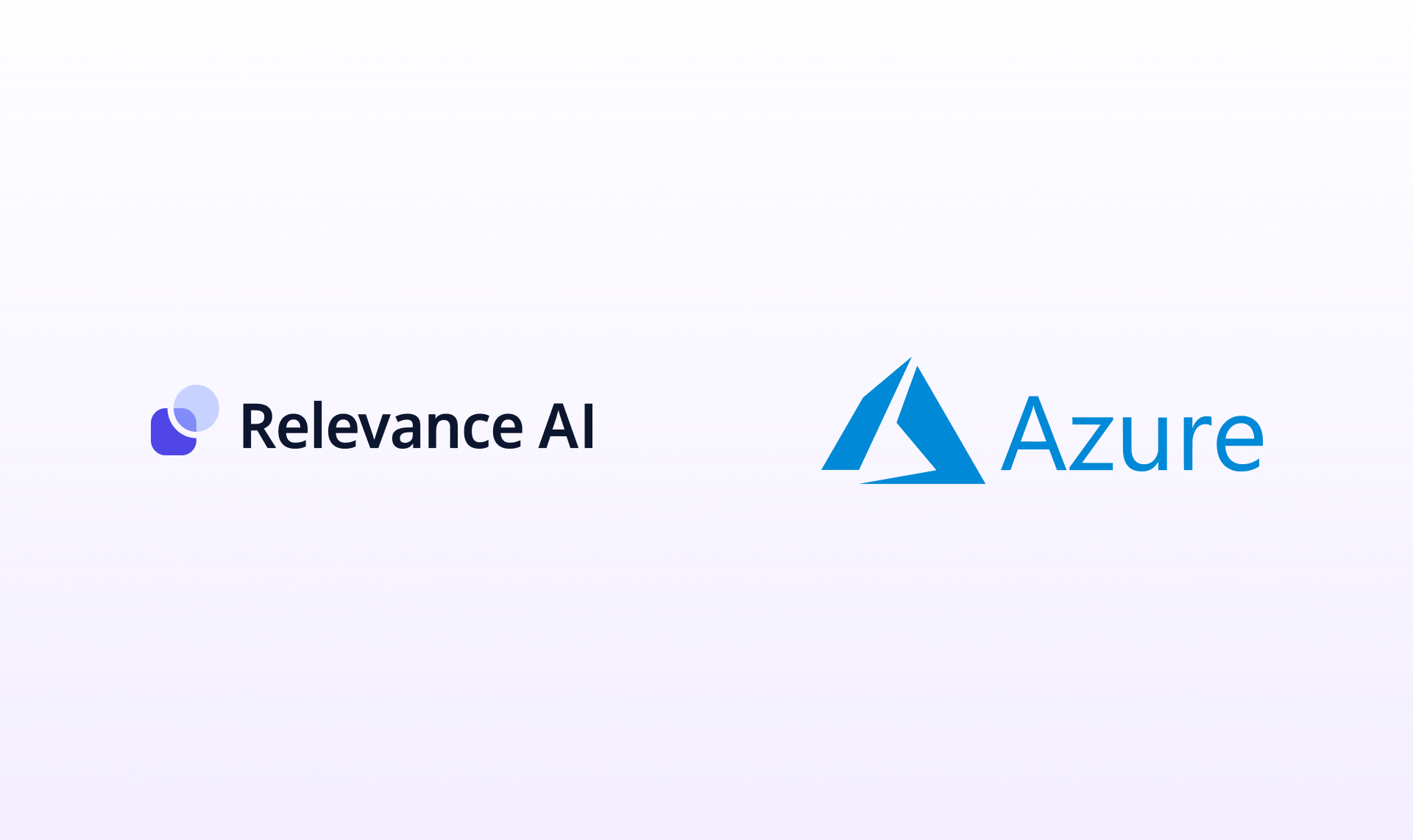
What is the Role of Multi-Agent Environment in HR Processes?
Artificial Intelligence (AI) has become a transformative force in various sectors, including Human Resource Management (HRM). But what exactly is the role of a Multi-Agent Environment in HR? Let's dive in.
The Emergence of AI in HRM
AI, a broad set of technologies that enable computers to perform tasks requiring human cognition, is now a visible player in HRM, going beyond its role as just a tool. Its interaction with human workers has been observed in various contexts like military, construction, agriculture, medical/healthcare, analytical services, and manufacturing.
Defining HR 4.0: AI's Role in HRM
AI in HRM, often referred to as HR 4.0, has been applied to transform talent onboarding, development, and offboarding processes. AI's role in HRM has been explored at a functional level, with AI-powered machines and robots interacting and collaborating with human workers in tasks ranging from industrial production to customer service delivery.
The Multi-Agent Environment (MAE) in HRM
This interaction between AI and humans, also known as a Multi-Agent Environment (MAE), is expected to result in significant challenges for HRM functions. However, it also offers potential for increased productivity and efficiency. But what are the trends and implications of this?
Shift in Professional Demands due to AI
The rise of AI in HRM has led to a shift in professional demands, with a need for new skills development and changes in talent management dynamics. The interaction between AI and human workers has also reshaped job application and selection practices.
Challenges and Opportunities in AI-Human Interaction
However, this interaction also poses challenges such as job loss fears, resistance to change, and organisational inertia. To overcome these challenges, HRM strategies need to focus on training, creating a conducive environment, fostering collaboration and communication, and improving performance.
Overcoming Challenges: Strategies for HRM
So, how can we overcome these challenges? By focusing on training, creating a conducive environment, fostering collaboration and communication, and improving performance.
The AI Workforce: A Future Perspective
The future of HRM lies in the successful integration of AI. AI is expected to drive about 30% increased productivity across the HR value chain in the near term. The use of AI agents, computer programs that perceive their environment, make decisions, and act to achieve specific goals, can help scale the AI workforce.
Revolutionizing Talent Acquisition with MAE
By 2025, every leading company is expected to have hired at least one AI employee, and by 2030, 45% of the workforce is predicted to be the AI workforce. In the context of talent acquisition, the use of MAE can revolutionize the process.
The Role of AI Agents in HRM
AI agents can automate the recruitment process, from sourcing candidates to conducting initial screenings, thereby reducing the time and effort required. But how can we harness the potential of AI in HRM?
The Transformative Trend of AI Integration in HRM
The integration of AI in HRM is a transformative trend that presents both challenges and opportunities. While the interaction between AI and human workers can lead to job loss fears and resistance to change, it also offers potential for increased productivity and efficiency.
The Role of MAE in Efficient Talent Acquisition
The future of HRM lies in the successful integration of AI, with AI agents playing a crucial role in scaling the AI workforce. The use of MAE in talent acquisition can revolutionize the process, making it more efficient and effective.
Adapting HRM Strategies for AI Evolution
As AI continues to evolve, it is crucial for HRM strategies to adapt and evolve to harness the full potential of this transformative technology. Ready to take the next step? Sign up to Relevance AI for free and hire your own AI Agent. Get to value in less than a few minutes and do the same as described in this blog post. Don't miss out on this opportunity to revolutionize your HR processes!









